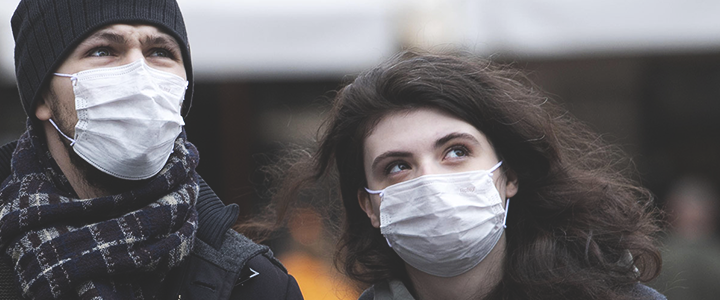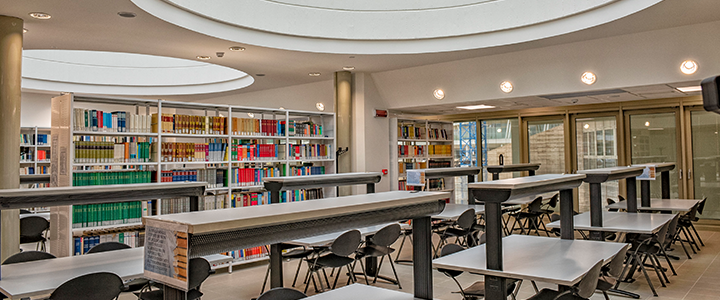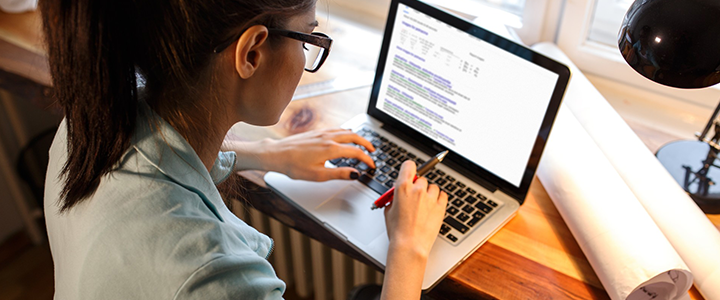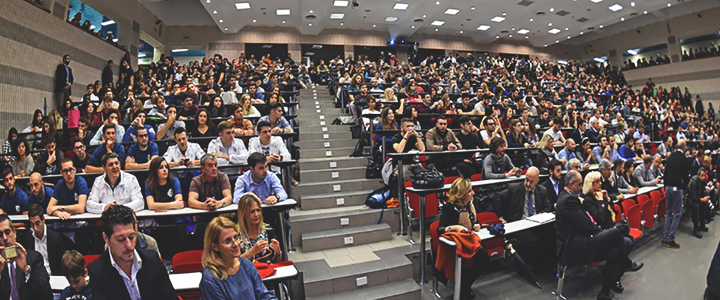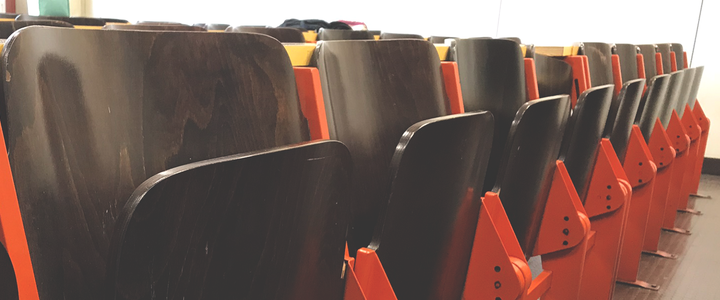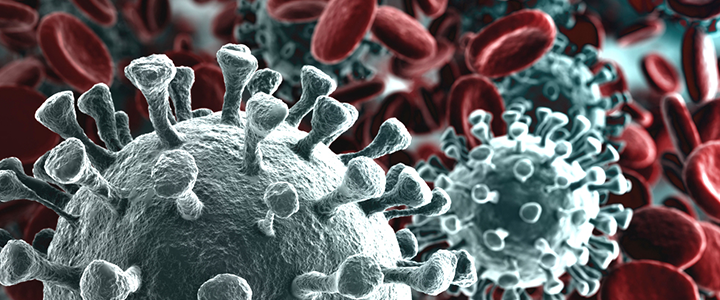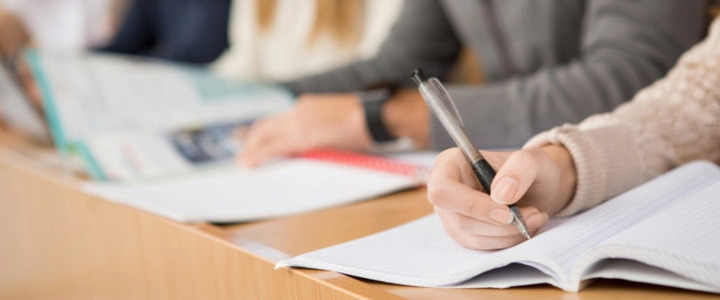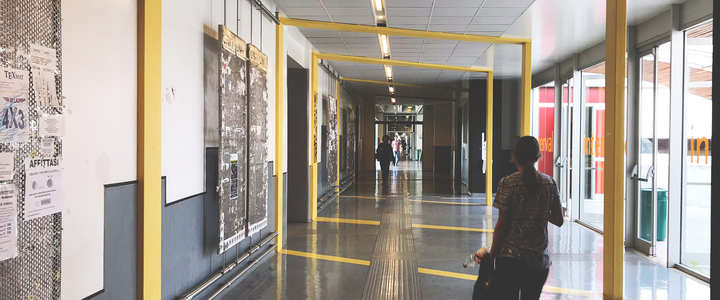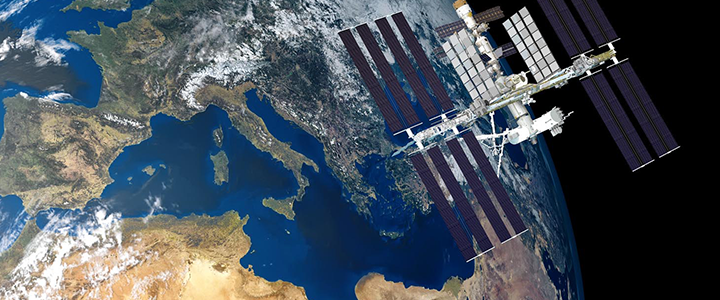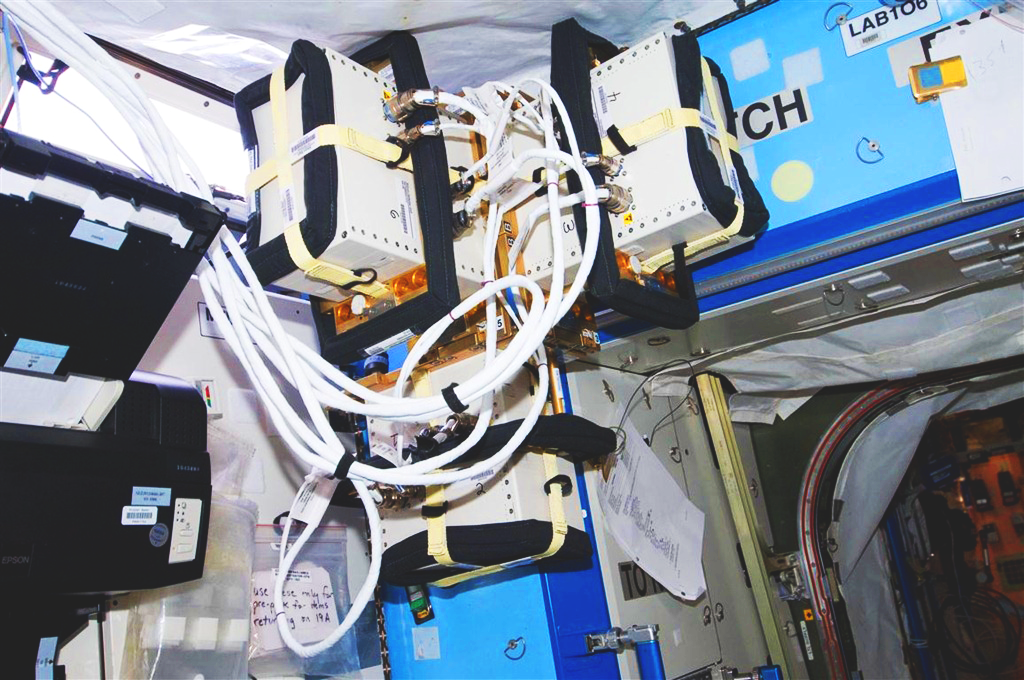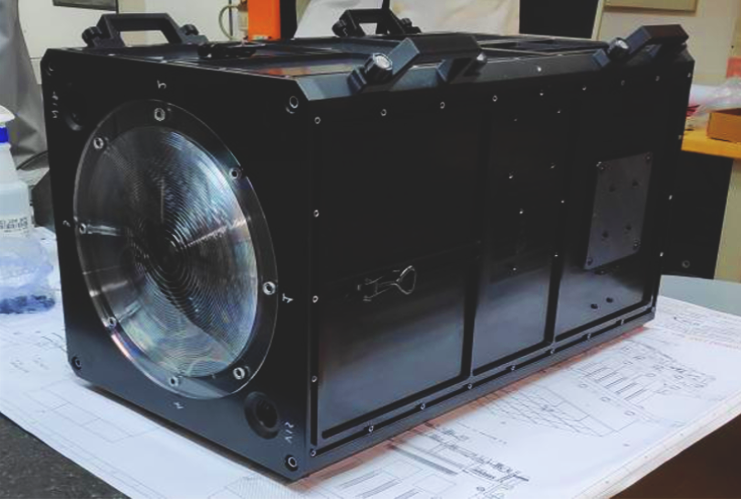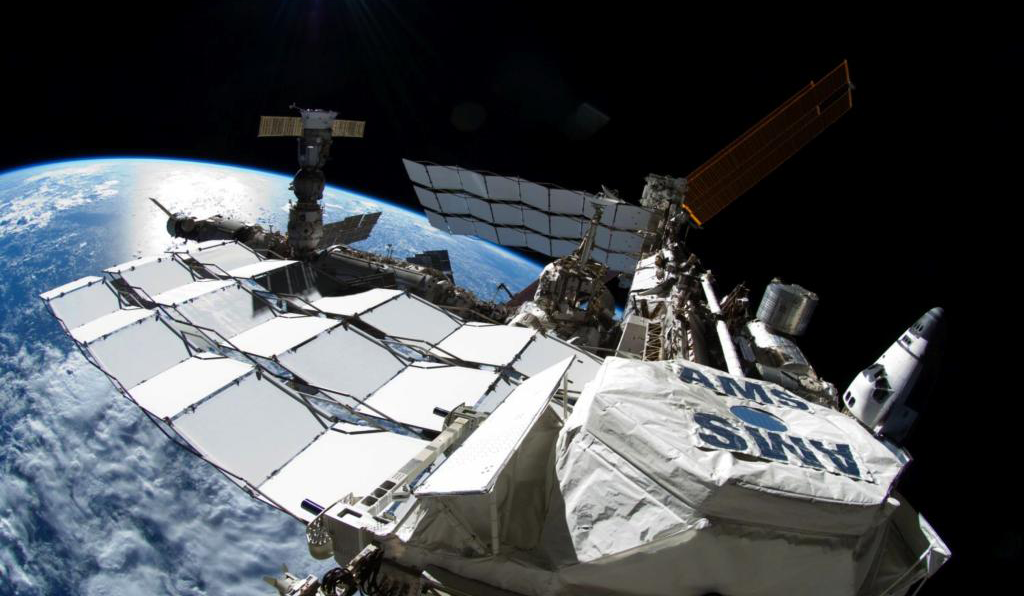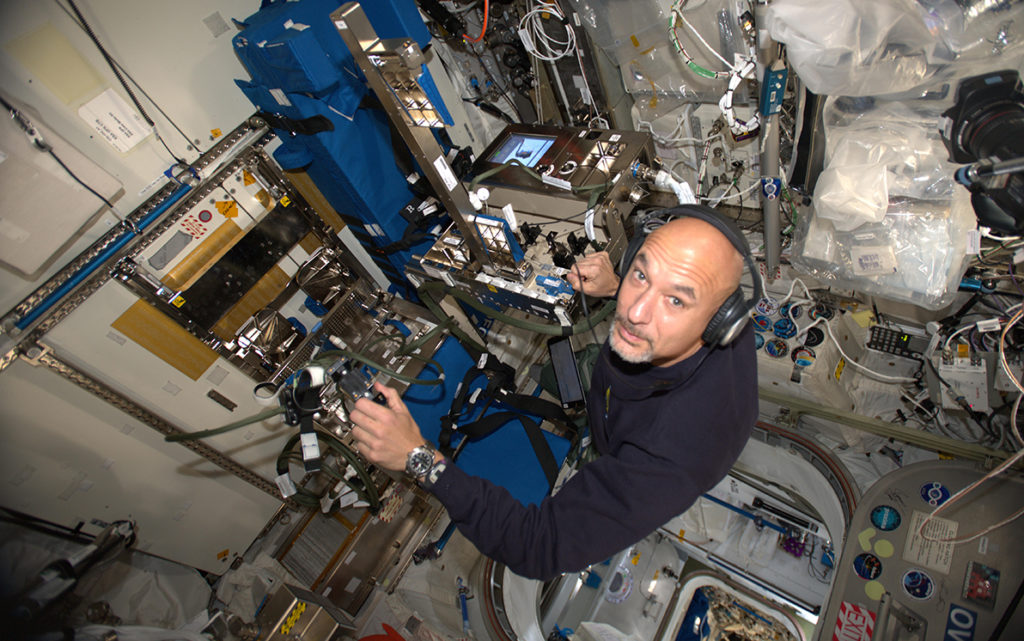Given the recent notification of the Ministry of Health (Indications for operators of services / businesses in contact with the public), some information is provided below for those who perform their work in contact with the public.
Coronaviruses are a large family of viruses known to cause diseases ranging from the common cold to more serious diseases such as Middle Eastern respiratory syndrome (MERS) and severe acute respiratory syndrome (SARS).
The most common symptoms consist of fever, dry cough, sore throat, breathing difficulties. Currently available information suggests that the virus may cause both a mild, flu-like form and a more serious form of the disease.
Corona Virus F.A.Q.
Below is a list of the most frequently asked questions regarding the Corona Virus.What are the symptoms of a person infected with a Coronavirus?
It depends on the virus, but the most common symptoms include fever, cough, breathing difficulties. In severe cases, the infection can cause pneumonia, severe acute respiratory syndrome, kidney failure and even death.How dangerous is the new virus?
Like other respiratory diseases, new coronavirus infection can cause mild symptoms such as cold, sore throat, cough and fever, or more severe symptoms such as pneumonia and breathing difficulties. It can rarely be fatal.
The people most susceptible to severe forms are the elderly and those with pre-existing diseases, such as diabetes and heart disease.How new Coronavirus can be transmitted from person to person?
The new Coronavirus is a respiratory virus that mainly spreads through close contact with a sick person.
The primary way is the breath droplets of infected people, for example through: saliva, coughing and sneezing, direct personal contact, hands, i.e. by touching with contaminated hands (not yet washed) mouth, nose or eyes.
In rare cases, infection can occur through faecal contamination.
Normally respiratory diseases are not transmitted with food, which in any case must be handled respecting good hygiene practices and avoiding contact between raw and cooked food.
Studies are underway to better understand how the virus is transmitted.How long does the incubation period?
The incubation period represents the period of time between contagion and the development of clinical symptoms. It is currently estimated that it varies between 2 and 11 days, up to a maximum of 14 days. How long does the new Coronavirus survive on surfaces?
Preliminary information suggests that the virus may survive several hours, even if it is still under study.
The use of simple disinfectants is able to kill the virus by canceling its ability to infect people, for example disinfectants containing 75% alcohol (ethanol) or 1% chlorine-based (bleach).Is it safe to receive parcels from China or other countries where the virus has been identified?
Yes, it is safe. WHO has said that people who receive parcels are not at risk of contracting the new Coronavirus because it is unable to survive on surfaces for long.What can I do to protect myself?
Stay informed on the spread of the epidemic, available on the WHO website and take the following personal protection measures:
- Wash your hands often with soap and water or alcohol-based solutions to get the virus out of your hands
- keep a certain distance – at least one meter – from other people, especially when they cough or sneeze or if they have a fever, because the virus is contained in saliva droplets and can be breathed at close range.
- Avoid touching your eyes, nose and mouth with your hands.
- If you have a fever, cough or breathing difficulties and have recently traveled to China or if you have been in close contact with a person who has returned from China and is suffering from respiratory disease, report it to the free number 1500, set up by the Ministry of Health.
Remember that there are several causes of respiratory diseases, and the new coronavirus may be one of them.
If you have mild symptoms and have not recently been to China, stay at home until symptoms are resolved by applying hygiene measures, which include hand hygiene (wash your hands often with soap and water or alcoholic solutions) and respiratory tract (sneezing or coughing in a tissue or with the elbow flexed, use a mask and throw the used tissues in a closed basket immediately after use and wash your hands).
Reports and Probability
Attached are the ten rules indicated by the Istituto Superiore di Sanità. The update of the epidemiological situation is available on the website of the Ministry of Health.
Further operational information can be obtained through the Regional Health Authorities or the free number of the Ministry of Health, +39 1500
Info and Links
Particularly interesting the “Operational guidelines for workers in contact with the public” contained within the circular.
It is recommended to rely on information found only on reliable sources such as:
• WHO (www.who.int)
• ECDC (www.ecdc.eu)
• Ministry of Health (www.salute.gov.it)
• ISS (www.iss.it) sites.
The measures must consider the risk situation which, as can be seen from the above information, is currently characterized in Italy by the absence of virus circulation.
Furthermore, as can be seen from the notification dated 1/31/2020 relating to the identification of cases and contacts at risk, the latter are only those who have had close and protracted contacts with the sick.
Therefore, with exception of health workers, it is considered sufficient to adopt common preventive measures about spread of diseases transmitted by the respiratory tract, and in particular:
• wash your hands frequently;
• pay attention to surface hygiene;
• avoid close and protracted contracts with people with flu-like symptoms.
• take any further preventive measures dictated by the employer.
If, during the working activity, you come into contact with a subject who responds to the definition of suspect case referred to in annex 1 of the Ministry of Health notification 27/1/2020 (which updates the previous one of 22/1/2020) 2, we will proceed – directly or in compliance with indications provided by the company – to contact the health services indicating that this is a suspect case for nCoV.
Pending the arrival of the health care workers:
• avoid close contact with the sick person;
• if available, provide it with a surgical mask;
• wash your hands thoroughly. Pay particular attention to the body surfaces that have possibly come into contact with the patient’s fluids (respiratory secretions, urine, feces);
• the patient himself must throw the used paper directly into a waterproof bag, which will be disposed of in another one with the infected materials produced during the emergency activities of the rescue personnel.
The measures above-described apply to all student students of any nationality who attend the University courses and specifically to the students who in the 14 days before their arrival in Italy have been in the areas affected by the epidemic, daily updated by the World Health Organization.
It is strongly suggested to get information only on the websites WHO (www.who.int), ECDC (www.ecdc.eu), Ministero Salute (www.salute.gov.it), ISS (www.iss.it).
Prof. Andrea Magrini
Medico Competente Coordinatore
Università di Roma Tor Vergata Dott. Marco Sciarra
Responsabile Servizio Prevenzione e Protezione
Università di Roma Tor Vergata
Annex 1 definition of a suspected case:
Definition of suspected case of COVID-19 for the reporting:
The definition of case is based on the information currently available and it might change relative to the evolution of the epidemiological situation and the scientific knowledges
Suspicious case
A person with severe acute respiratory infection (with a sudden onset of fever and cough) who has requested or not hospitalization, and in the 14 days preceding the onset of symptoms, has met at least one of the following conditions:
• Travel or residency in China
or
• Contact with either a possible or a confirmed case of infection of SARS-CoV-2
or
• the patient is a healthcare professional who has worked in an environment where patients with acute respiratory infections of unknown aetiology are being treated.
It is here underlined that the positivity to a common respiratory disease does not exclude the possible coinfection with the new Coronavirus and therefore the samples will be tested anyway.
Prevention departments and local Health Services will evaluate:Paragraph
– Eventual direct and documented exposures in other countries with local transmission of SARS-CoV-2
– people who manifest an unusual or unexpected clinical course, especially a sudden deterioration, despite an appropriate treatment, regardless of the residency place or travel history of the patient, even if another etiology has been identified and it fully explains the clinical situation.

